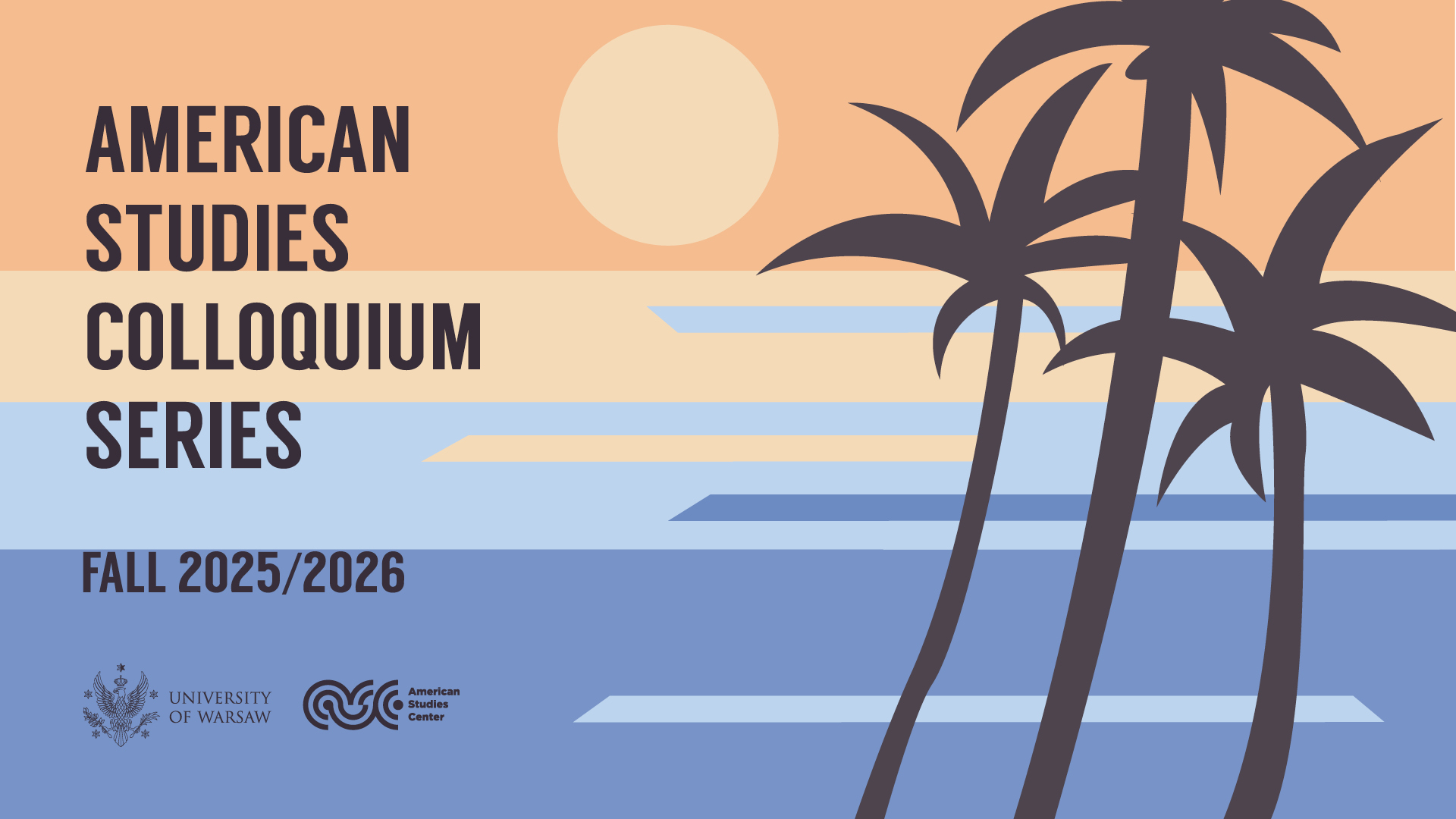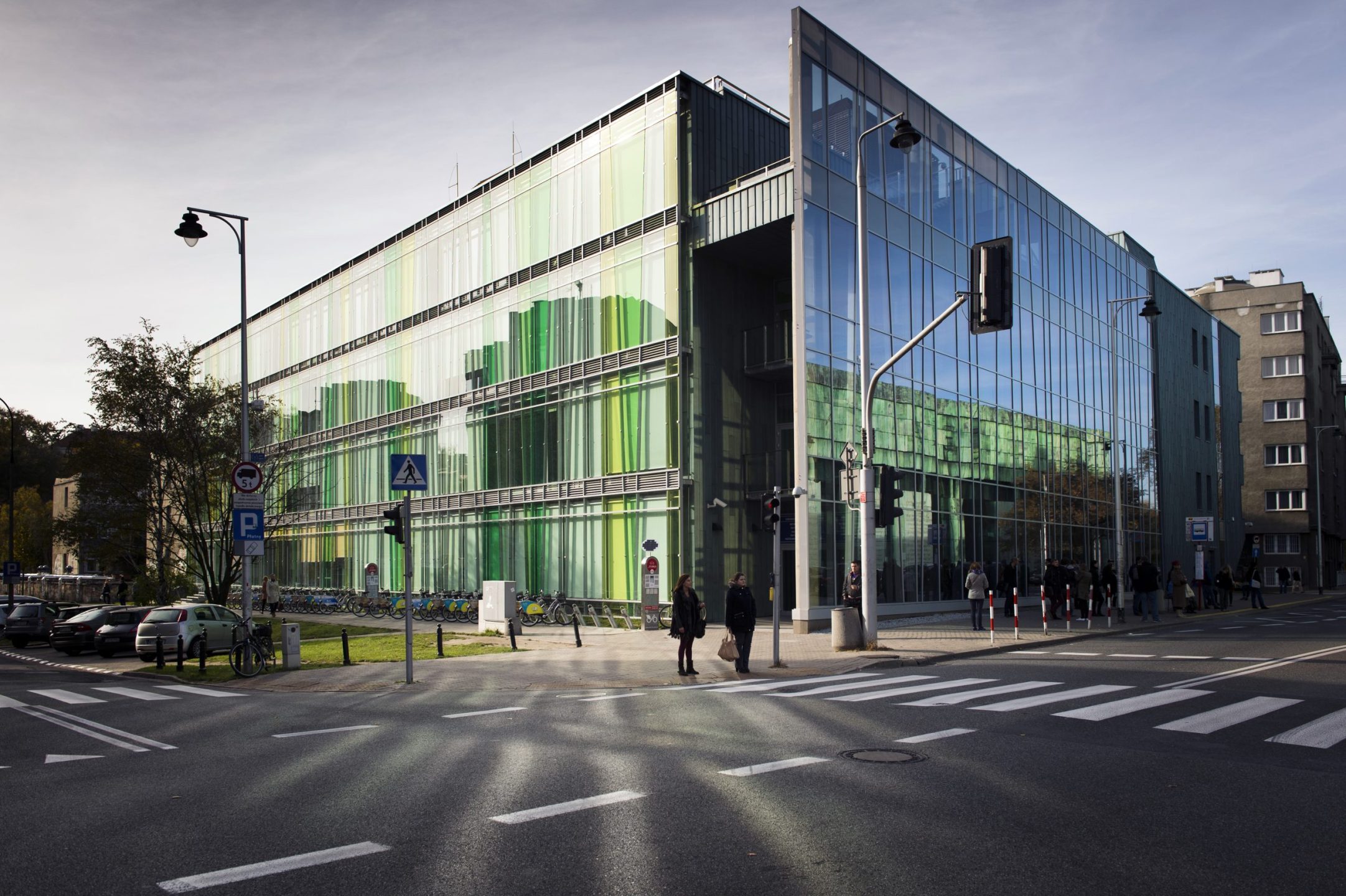We are pleased to announce a lecture by
Fabio Parasecoli
(New York University)
Food: A Systemic Approach
The lecture is going to be a part of the
American Studies Colloquium Series.
Tuesday, January 14, 2020
at 4:00 p.m
Where?
American Studies Center, room 317,
al. Niepodległości 22, Warsaw.
What?
Many central and critical issues in the way we produce, consume, and dispose of food remain largely invisible. They are harder to grasp because they are systemic, often originate in long-term historical dynamics, and have global ramifications that require familiarity with international affairs and trade. However, knowing where our food comes from, and how, is important to us as consumers and as citizens, allowing us to make more careful choices. In this talk, Fabio Parasecoli will explore different conceptualizations of the global food system, together with the structures, flows, and stakeholders that compose it. What kind of system are we talking about? Are supply chains and value chains sufficient to fully grasp such complexity?
Who?
Fabio Parasecoli is a professor of Food Studies at New York University, Steinhardt. His research explores the intersections between food and cultural politics, particularly in media and design. He studied East Asian cultures and political science in Rome, Naples and Beijing, and earned his doctorate in Agricultural Sciences at Hohenheim university, Germany. Recent books include Al Dente: A History of Food in Italy (2014, translated into Italian in 2015 and into Korean in 2018), Feasting Our Eyes: Food, Film, and Cultural Citizenship in the US (2016, authored with Laura Lindenfeld), Knowing Where It Comes From: Labeling Traditional Foods to Compete in a Global Market (2017) and Food (2019), published by MIT as part of the Essential Knowledge Series.




